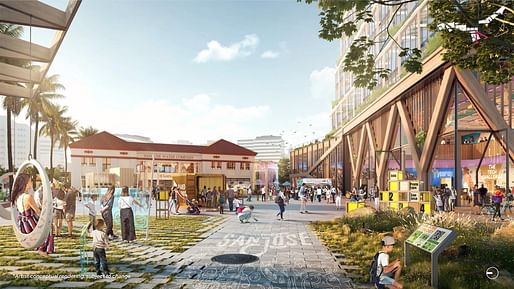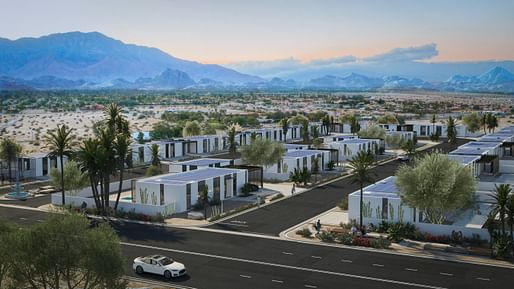

California Governor Gavin Newsom has signed into law Senate Bill 7, aimed at streamlining large building developments in the state. The bill, also known as the Housing and Jobs Expansion Act, allows for certain proposed developments, particularly infill residential-led projects, to be fast-tracked through judicial reviews under the California Environmental Quality Act (CEQA). Legislators hope that streamlining this judicial process will help alleviate the state’s affordable housing crisis.
The new law is an effective extension and enhancement of previous legislation introduced in 2011, known as the Jobs and Economic Improvement Through Environmental Leadership Act, or Assembly Bill 900. That legislation created an expedited judicial process under CEQA for large residential, clean energy, or manufacturing projects, providing they met certain requirements for scale, labor, and environmental standards. From Assembly Bill 900’s introduction in 2011 to its expiry at the beginning of 2021, no development which availed of the law was overturned, and over 10,000 new housing units were approved.
The new Senate Bill 7 route is open to residential, retail, commercial, sports, cultural, entertainment, or recreational use projects that are certified as LEED Gold or better by the USGBC, and must be built on an infill site. California defines infill development as “building within unused and underutilized lands within existing development patterns, typically but not exclusively in urban areas.” Projects that generate electricity exclusively through wind and solar, as well as clean energy manufacturing projects that produce products or components for renewable energy generation, are also covered.
For housing projects to apply, they must be located on an infill site, and have a construction value of between $15 million and $100 million. Housing developments must also offer at least 15% of their units as affordable to lower-income households.
A project may also qualify for special treatment under the act if its construction value exceeds $100 million, is deemed to create high-wage construction/operational jobs, and achieves at least net-zero greenhouse gas emissions, including gas emissions for employee transportation.

The signing of the bill comes as California continues to grapple with rising house prices. In 2020, the state’s population declined year-on-year for the first time in its history, with the median sale price of homes now sitting at $813,000.
The bill was signed into law by Gov. Newsom on May 20th, 2021 at the site of Google’s Downtown West development, which as we recently reported, has received approval from city officials. In the event that Google’s development is legally challenged under CEQA, the new law would shorten that litigation process.
No Comments
Block this user
Are you sure you want to block this user and hide all related comments throughout the site?
Archinect
This is your first comment on Archinect. Your comment will be visible once approved.